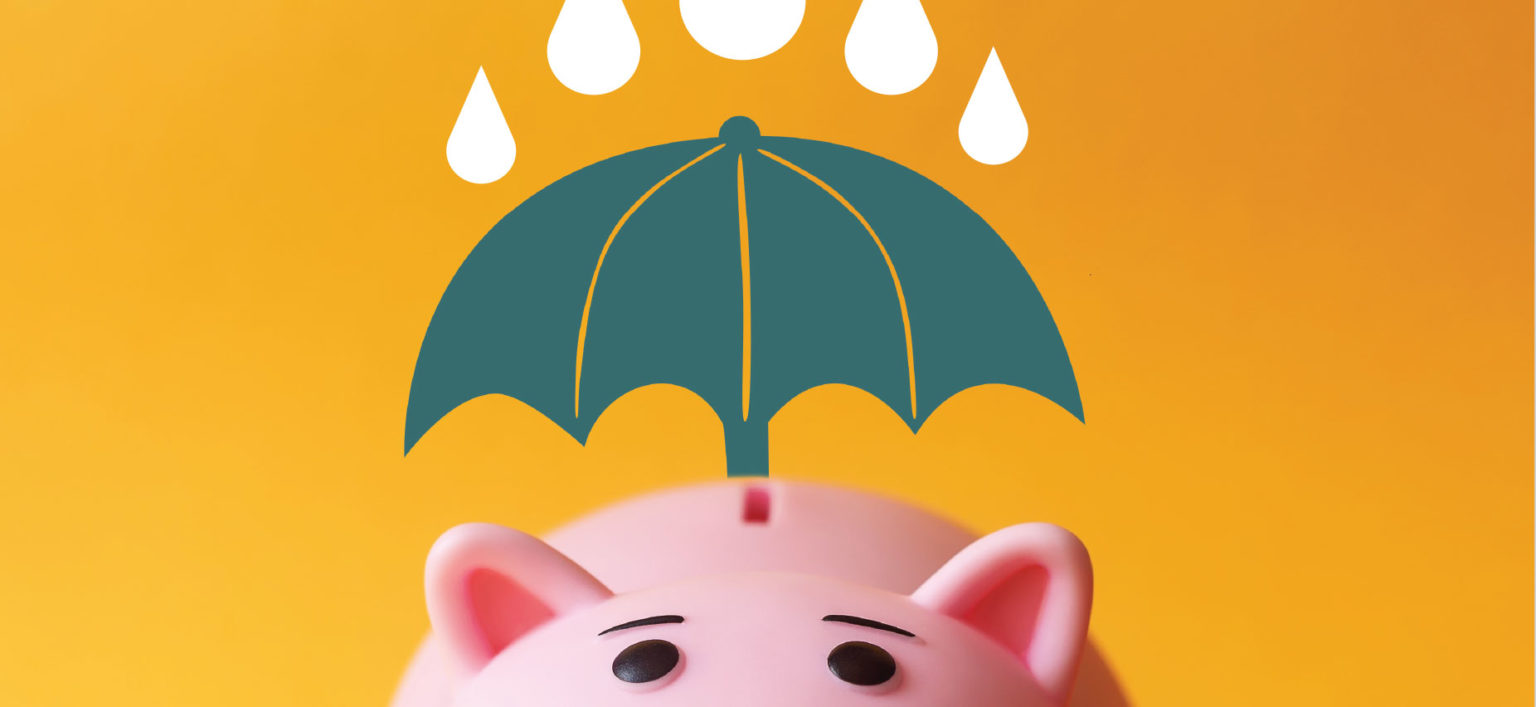This article originally appeared on laurengreutman.com/how-to-budget-during-a-crisis.
In a perfect world, you’d have enough money to cover your bills and have plenty of cash in your emergency fund. What if a crisis happens? Today I am going to talk about how to budget during a crisis in seven easy steps.
But life isn’t perfect.
Sometimes a crisis hits, and money gets tight. You might lose your job, take a pay cut or experience a health emergency. Suddenly, there isn’t enough money to go around.
In times like this, learning how to budget better is more important than ever.
You can take action to lessen the impact of a crisis on your finances.
Step 1: Take stock of your situation
Before you make a plan, you’ve got to know where you stand. Think about your situation. Did you lose your job entirely? Did your hours get cut? Or are you facing a layoff or short-term medical leave?
Those questions will help you know what income, if any, you can expect over the next few weeks or months.
Look at your bank accounts to see how far your emergency fund will carry you. If your emergency savings comes up short, you’re not alone.
Less than half of all Americans could cover a $1,000 emergency.
To help you get by, check into unemployment benefits or other sources of income you might qualify for.
Step 2: Start hoarding cash
When you’re in crisis mode, every dollar counts. You might not know how long this situation will last, but one thing is for sure: You will need all the cash you can get to carry you through.
Paying off debt is important, but it’s time to stop your debt snowball.
If you’re saving money for Christmas, stop doing that, too.
Keep that cash in your checking account, or transfer it to your emergency savings instead.
Now might be an excellent time to pick up a side hustle to bring in some extra income. Delivering takeout with DoorDash or teaching English online are good options to do from home.
Step 3: Prioritize your bills
Prioritizing your bills and focusing on your essential expenses is the next step.
The bills you absolutely must pay can include:
- Mortgage or rent
- Utilities
- Food and groceries
- Healthcare costs
- Insurance premiums
- Debt payments
Make sure you pay your mortgage, utilities, and buy groceries before you put money toward your other debts.
Healthcare costs and insurance premiums may also be a high priority, especially if you’re facing a medical or health crisis.
Step 4: Reduce your spending
During a crisis, you’ve got to stabilize your budget. And that means reducing your spending.
Adjust the thermostat a few degrees to lower your heating and cooling costs, check out how to save on electric bill.
You might also cancel your gym membership and streaming services to make some room in your budget. You can also stop buying bottled water, skip expensive entertainment, and start using apps to save money on groceries.
Removing comfort items from your budget isn’t fun.
Just remember that your situation is temporary. You don’t have to be in crisis mode forever. To help you save money download this free meal plan – this will help you save 50% off your groceries THIS WEEK!
Step 5: Lower your debt payments
Depending on your situation, you might not have enough cash left after covering your necessary bills for credit card or loan payments. If that’s the case, don’t panic.
You have a few options.
Contact your credit card companies and ask for a lower interest rate. You could also look into balance transfer cards to take advantage of a 0% introductory interest rate.
If you have student loans, contact your loan servicer or log into your online account to lower your payments. An income-driven repayment plan will have a monthly payment based on your income. If you lost your income, your student loan payment could be reduced or eliminated.
Step 6: Consider hitting pause on autopay
Autopay has so many advantages!
It can help you avoid late fees and sometimes get you a discount on your bill. But when money is tight, autopay can cause more trouble than it’s worth.
Think about this: In a crisis, your bank account balance isn’t as stable as you’re used to. When your cell phone company tries to take money out of your account to pay your monthly bill, you might not have enough cash to cover it.
Then what?
You end up with bank fees to pay on top of everything else.
It’s better to stop autopay until things are back to normal.
Step 7: Take it one day at a time
A crisis can leave you feeling out of control. Until your situation calms down, take it one day at a time.
Check in on your finances regularly. Once a day is smart, but review your budget at least once a week to make sure you’re on track.
Evaluate your expenses and only spend when it’s absolutely necessary. You may miss out on shopping trips, subscription boxes, and Netflix, but that’s okay.
You won’t be facing a crisis forever. Eventually, your situation will improve, and you’ll feel like you can breathe again.





